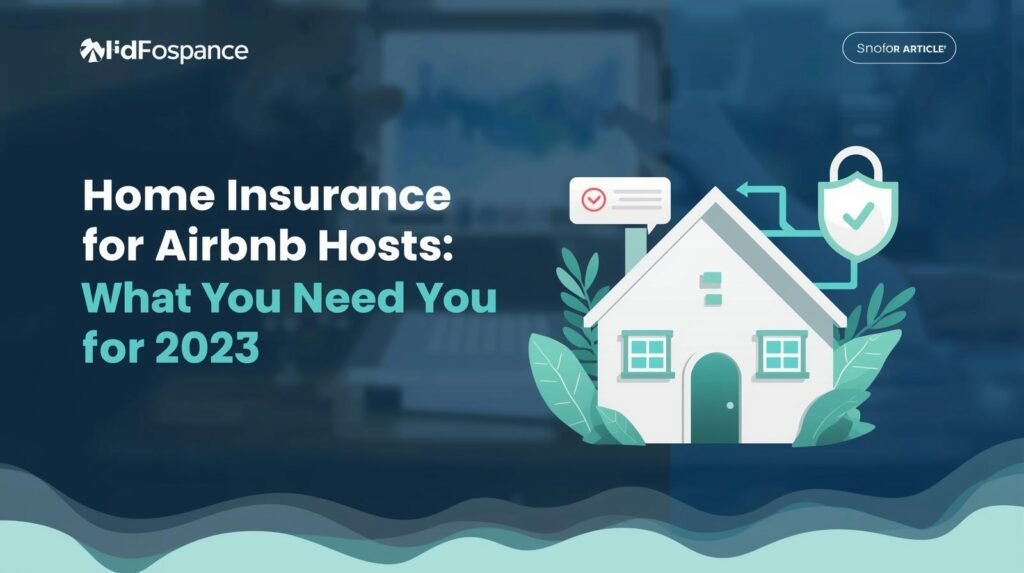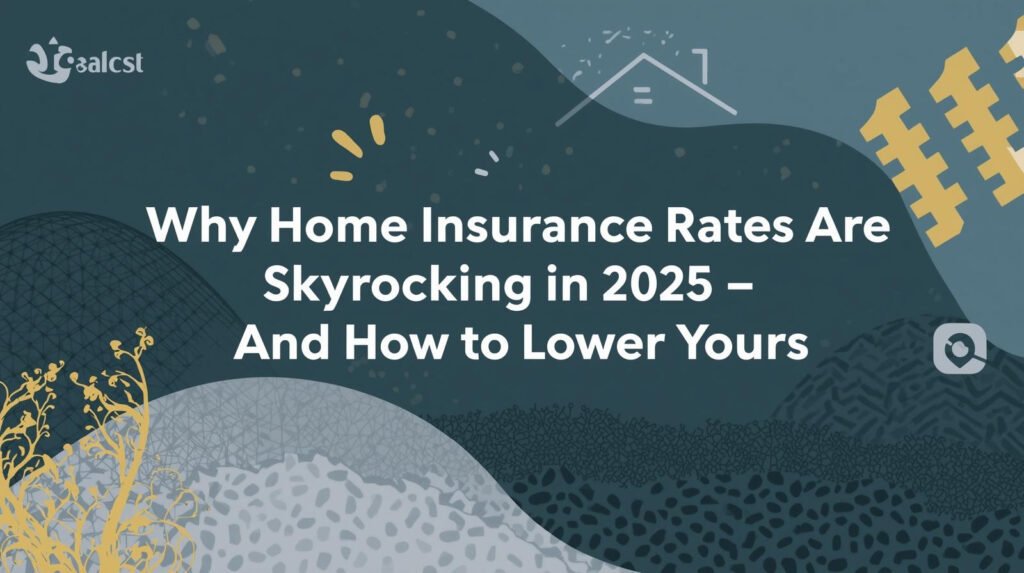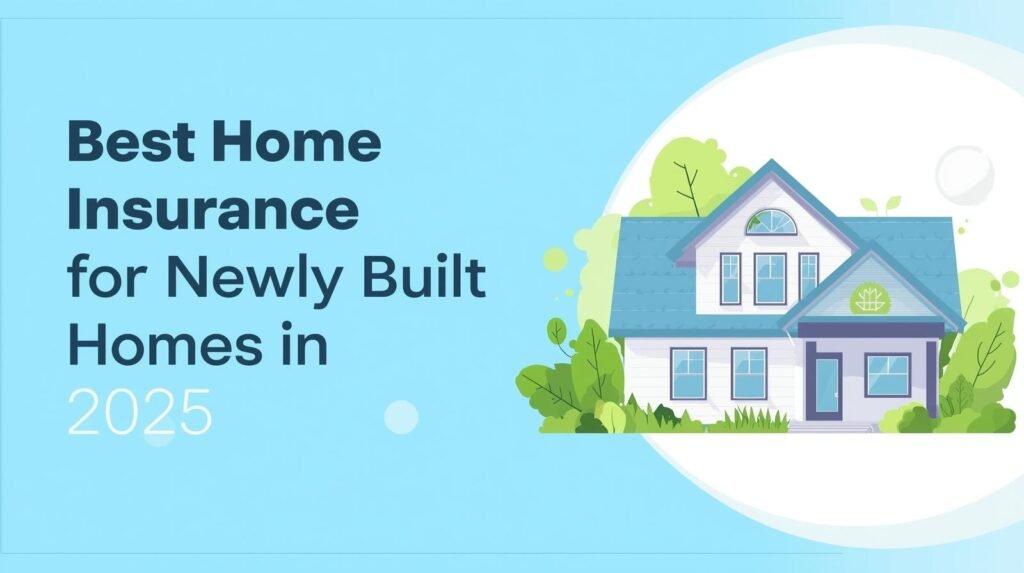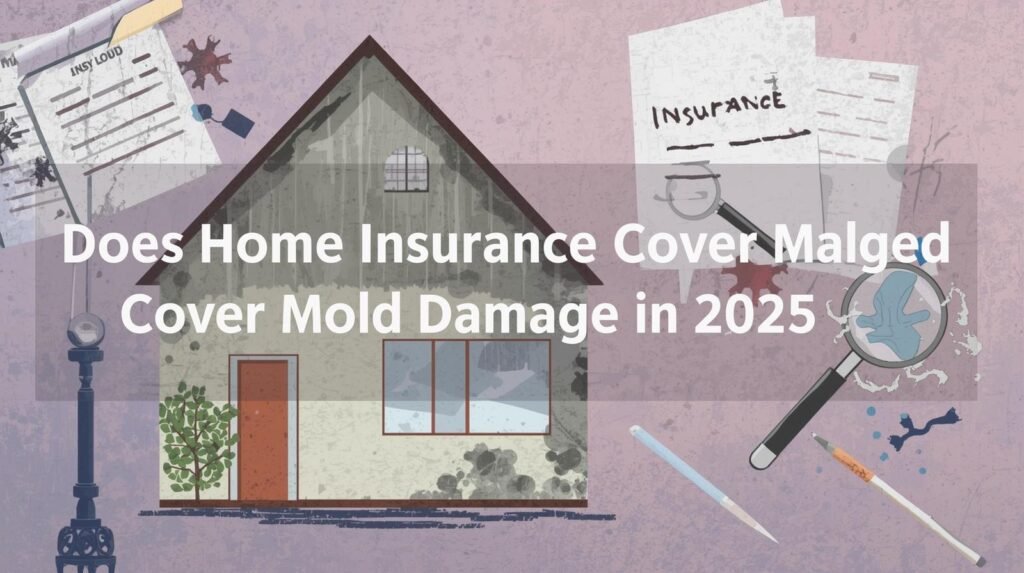Becoming an Airbnb host can be both profitable and rewarding. You meet new people, earn extra income, and maybe even build a small hospitality business. But there’s one piece that’s often overlooked: insurance.
Standard homeowners insurance usually doesn’t give you full protection when you host guests. And in 2025, with more regulations, higher guest expectations, and insurers paying closer attention, having the right coverage is more important than ever.
Let’s break down what Airbnb hosts really need to know about insurance this year.
Why Extra Insurance Matters for Airbnb Hosts
- Homeowners policies rarely cover short-term rentals. Most insurers view frequent Airbnb hosting as a business activity. That means claims for guest-related damage or injuries could be denied.
- Airbnb’s own protection has gaps. AirCover (Host Liability Insurance and Host Damage Protection) helps, but it doesn’t cover everything—like intentional damage, wear and tear, or income loss.
- Liability is a big risk. If a guest slips on your stairs or gets hurt in your pool, you could face medical bills or lawsuits. Without the right liability coverage, you’re on the hook.
- Lost income is often overlooked. If your property is damaged and you can’t host, specialized coverage can help replace that lost rental income.
Types of Insurance Coverage Airbnb Hosts Should Consider in 2025
Here’s a quick comparison of the main coverage types and what to look out for:
| Coverage Type | What It Covers | What to Watch Out For |
|---|---|---|
| Liability Insurance | Medical costs, legal fees if a guest or third party is injured. | Check for limits (aim for $1M+), exclusions, and whether it’s primary or secondary to Airbnb’s coverage. |
| Property Damage / Guest-Caused Damage | Furniture, appliances, structure if guests cause damage. | Some policies exclude pets, parties, or high-value items. Confirm deductibles and exclusions. |
| Loss of Rental Income | Lost Airbnb income if your property becomes uninhabitable due to a covered loss. | Check time limits, definition of “uninhabitable,” and documentation required. |
| Contents / Furnishings | Furniture, electronics, décor inside the rental. | Know whether coverage is replacement cost or actual value. Keep inventory lists. |
| Short-Term Rental-Specific Policies | Comprehensive coverage for STRs (liability, damage, income). | Make sure it complies with local regulations and allows frequent rentals. |
| Platform Insurance (Airbnb AirCover) | Basic liability and guest-caused damage. | Good backup, but exclusions apply. Don’t rely on it as your only coverage. |
Airbnb’s Insurance Programs: Helpful but Limited
Airbnb offers AirCover for Hosts, which includes:
- Host Liability Insurance (covers certain guest injury/property damage claims).
- Host Damage Protection (covers some guest-caused property damage).
But:
- It doesn’t cover your own property structure.
- It excludes intentional damage, wear and tear, and many special cases.
- In some markets, hosts with multiple listings must have their own policy in place.
Think of Airbnb’s coverage as a safety net, not a replacement for real insurance.
What to Check Before You Buy a Policy
Here’s a checklist for Airbnb hosts shopping for coverage:
- ✅ Tell your insurer about your Airbnb activity. Not disclosing short-term rentals can void claims.
- ✅ Ask about riders or endorsements. These can add protection for business use, guest-caused damage, or liability.
- ✅ Check liability limits. High coverage (often $1M+) is smart. Umbrella liability insurance can add extra protection.
- ✅ Add loss-of-income coverage. Without it, repairs could mean weeks of lost bookings and income.
- ✅ Cover contents and high-value items. Electronics, art, or luxury furnishings may need separate coverage.
- ✅ Review disaster coverage. Fire, floods, and storms aren’t always covered equally.
- ✅ Stay compliant with local laws. Many cities now require insurance or permits for short-term rentals.
What Drives Your Premiums in 2025
Insurance for Airbnb hosts isn’t one-size-fits-all. Costs depend on:
- How often you host and guest turnover.
- Value of your property and furnishings.
- Location risks (storms, crime, flood zones).
- Safety features (alarms, cameras, fire extinguishers).
- Claims history (yours and your area’s).
- Whether you buy specialized STR coverage or add riders to homeowners insurance.
Trends Airbnb Hosts Should Know in 2025
- More insurers are writing Airbnb-specific policies. Expect better options beyond homeowners endorsements.
- Regulation is tightening. Many cities now require proof of insurance to legally host.
- Platform protections are evolving. Airbnb is refining AirCover, with stricter terms and conditions.
- Business-style policies are growing. More hosts are moving toward commercial general liability and business interruption insurance for full coverage.
Bottom Line for Airbnb Hosts
If you’re hosting in 2025, don’t assume your homeowners policy—or Airbnb’s AirCover—is enough. The smartest hosts are:
- Reviewing their existing policies carefully.
- Talking to insurance agents who understand vacation rentals.
- Getting quotes for short-term rental insurance (not just relying on homeowners coverage).
- Investing in safety upgrades that protect both guests and reduce premiums.
- Keeping detailed documentation to make claims smoother.
With the right coverage, you can enjoy the benefits of hosting without worrying that one guest mishap could wipe out your hard-earned profits.
FAQs About Airbnb Host Insurance
Q: Does standard homeowners insurance cover Airbnb hosting?
Usually not. Most homeowners policies exclude business or short-term rental activity.
Q: Is Airbnb’s AirCover enough on its own?
No. AirCover helps, but it doesn’t cover everything. Think of it as supplemental protection.
Q: What’s the best insurance for Airbnb hosts?
A specialized short-term rental policy. These combine liability, property damage, income loss, and contents coverage.
Q: Do I have to tell my insurance company I’m hosting on Airbnb?
Yes. If you don’t disclose, you risk having claims denied.
Q: How much coverage do I need?
It depends on your property value, location, and hosting frequency. At minimum, aim for $1M liability coverage, plus coverage for your property, furnishings, and income.







